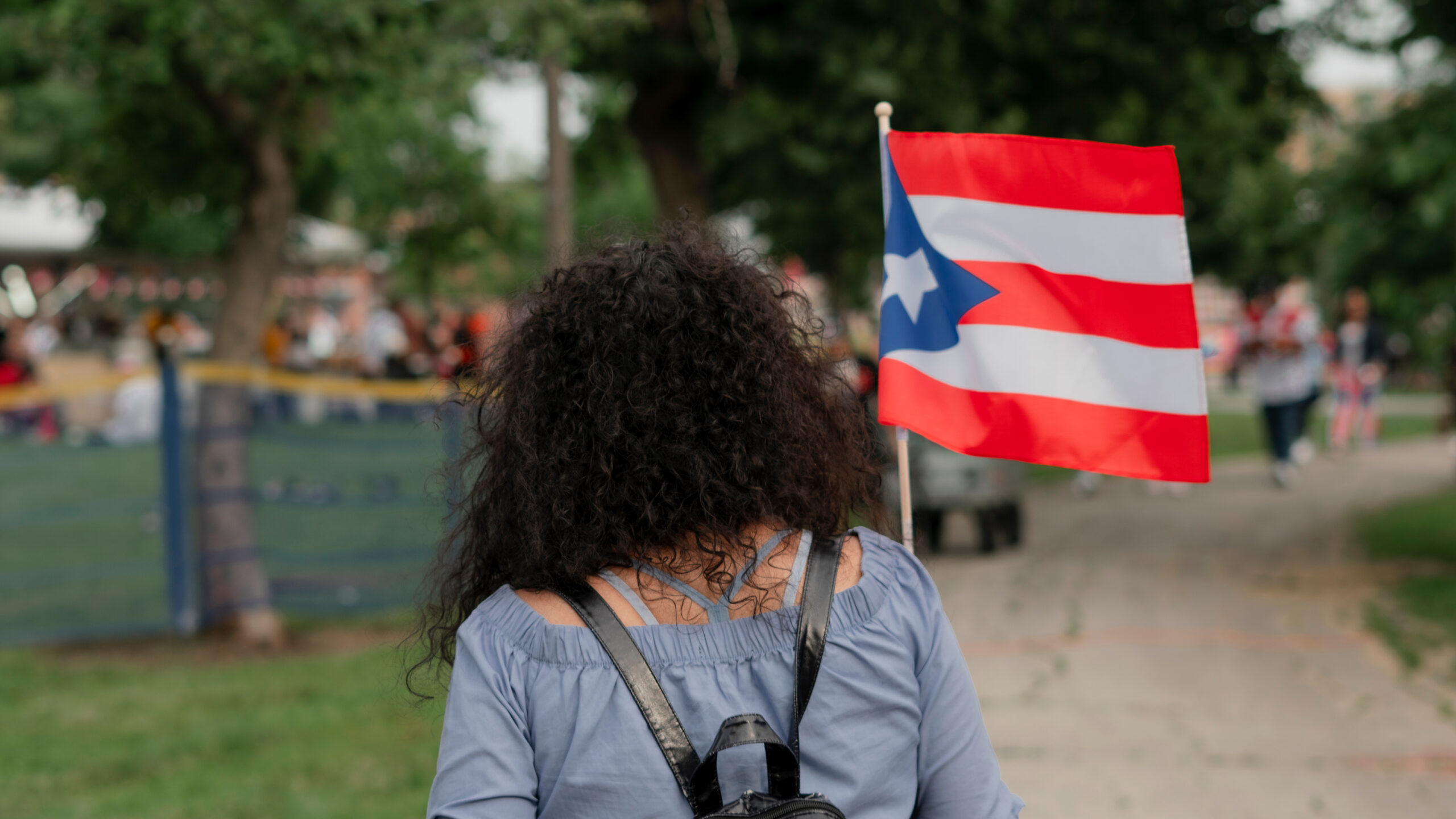
The normalization of historical trauma
Systematically dehumanizing an ethnic group, as a comedian invited and endorsed by Donald Trump’s campaign recently did, is the latest example of what social scientists recognize as events that perpetuate historical trauma. Historical trauma, as defined by the U.S. Department of Health and Human Services, is collective trauma inflicted on individuals who share an ethnic, racial, cultural, national, or religious identity. Its effects are generational, marked by the accumulation of emotional and psychological wounds stemming from massive group experiences. Examples include slavery, colonization, and forced migration.
After 126 years of association with the U.S., the comment about Puerto Rico being a “floating island of garbage” is the latest example of a trajectory that perpetuates our collective trauma. Let’s take a moment to recount: after two years of military rule (1900, Foraker Act), it took 19 years for Puerto Ricans to be granted citizenship (1917, Jones Act). The 1930s were marked by political repression, followed by two decades of mass sterilization of women as a strategy to combat poverty. Political repression continued with events like the Cerro Maravilla murders. The 1980s brought the Agent Orange warfare program, followed by the struggle against the Navy in Vieques. In the new century, Puerto Rico has endured systematic inequalities in federal programs, the PROMESA legislation, and ineffective responses to natural disasters.
Trump’s legacy is part of this recent trajectory. From 2017 to 2021, Puerto Rico endured an ineffective federal response to Hurricane Maria, compounded by systematic cuts to assistance programs. His administration froze millions of funds for juvenile delinquency prevention, there were attempts to dismantle the Affordable Care Act, and Puerto Rico was excluded from programs for economic development. The most degrading symbol of this policy was Trump’s disdainful act of tossing a roll of paper towels to Puerto Rican people during an event.
This historical trauma impacts both physical and mental health. What can we do to mitigate its effects? An integral, evidence-based approach is required, with multi-level interventions to help process trauma and foster resilience. One such intervention involves promoting the collective right to tell our own story.
Using origin stories to address historical trauma is a powerful strategy. Creating spaces where individuals can share their origin stories and traumatic experiences helps validate their lived realities. Building collective narratives also helps educate new generations and strengthen identity. Including origin stories in formal education fosters a sense of belonging and helps demystify trauma. Art and other forms of expression can serve as therapeutic outlets for storytelling.
Strategies like these address trauma while promoting social cohesion and community empowerment. Cultural pride is an essential tool for healing historical trauma. Celebrating our identity creates opportunities for post-traumatic growth, enabling future generations to thrive with a sense of belonging and dignity.
Originally published in the Opinion section of El Nuevo Día.
Related Posts
Culture of support needed for social workers
The discussion around how to break stigmas and support the well-being of an...
Mental health professionals urge a comprehensive look at the needs of children and youth in Puerto Rico
(Mayagüez, PR) - Adopting a broad human rights perspective on the development...
Dialogue to create joint efforts against juvenile delinquency
The “Puerto Rico Minors Act” (Act 88-1986) was recently reformed. In this...
Functional family therapy for young people in legal trouble
We live in a historic moment for our children and youth, with public policies to...




